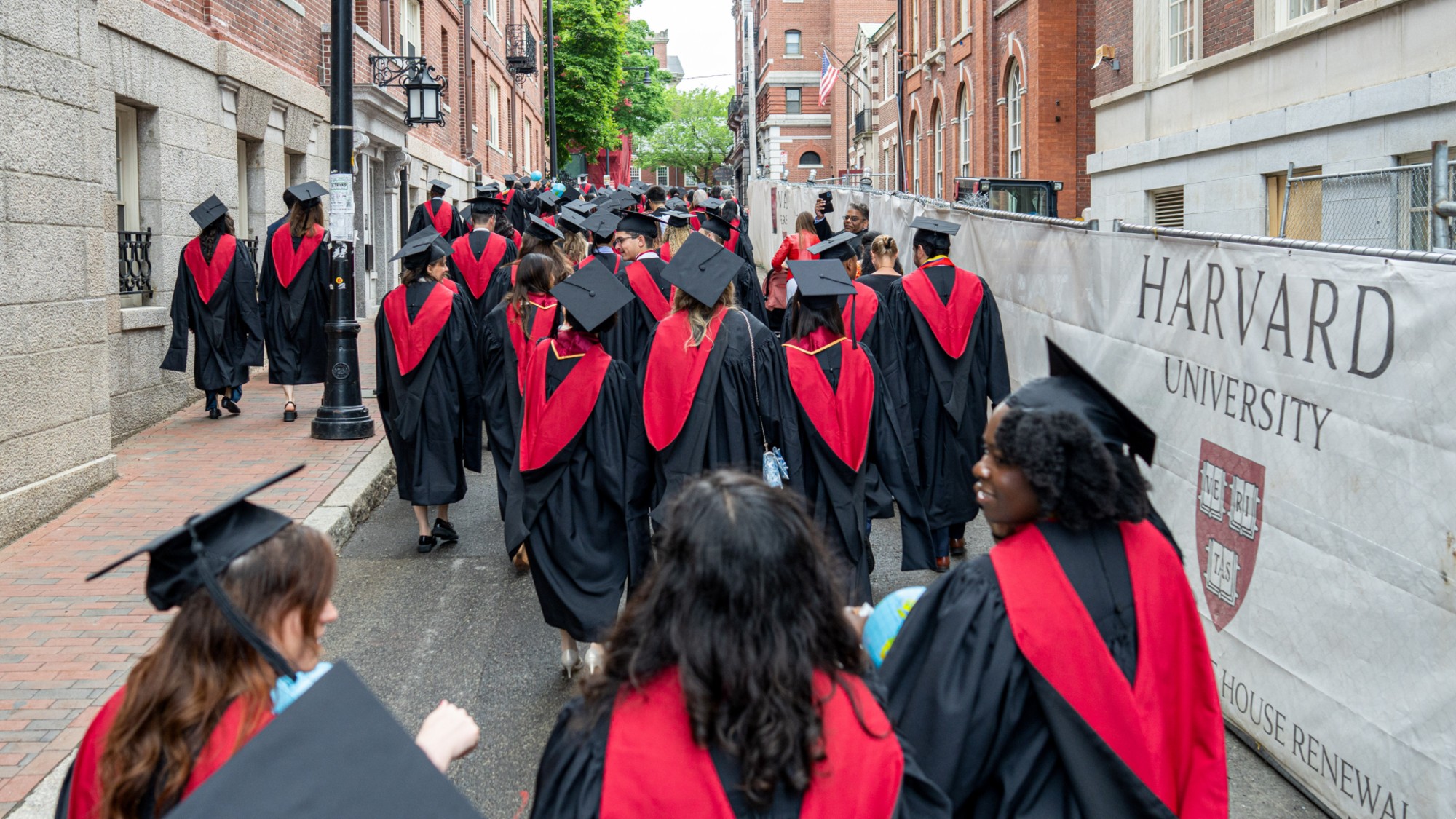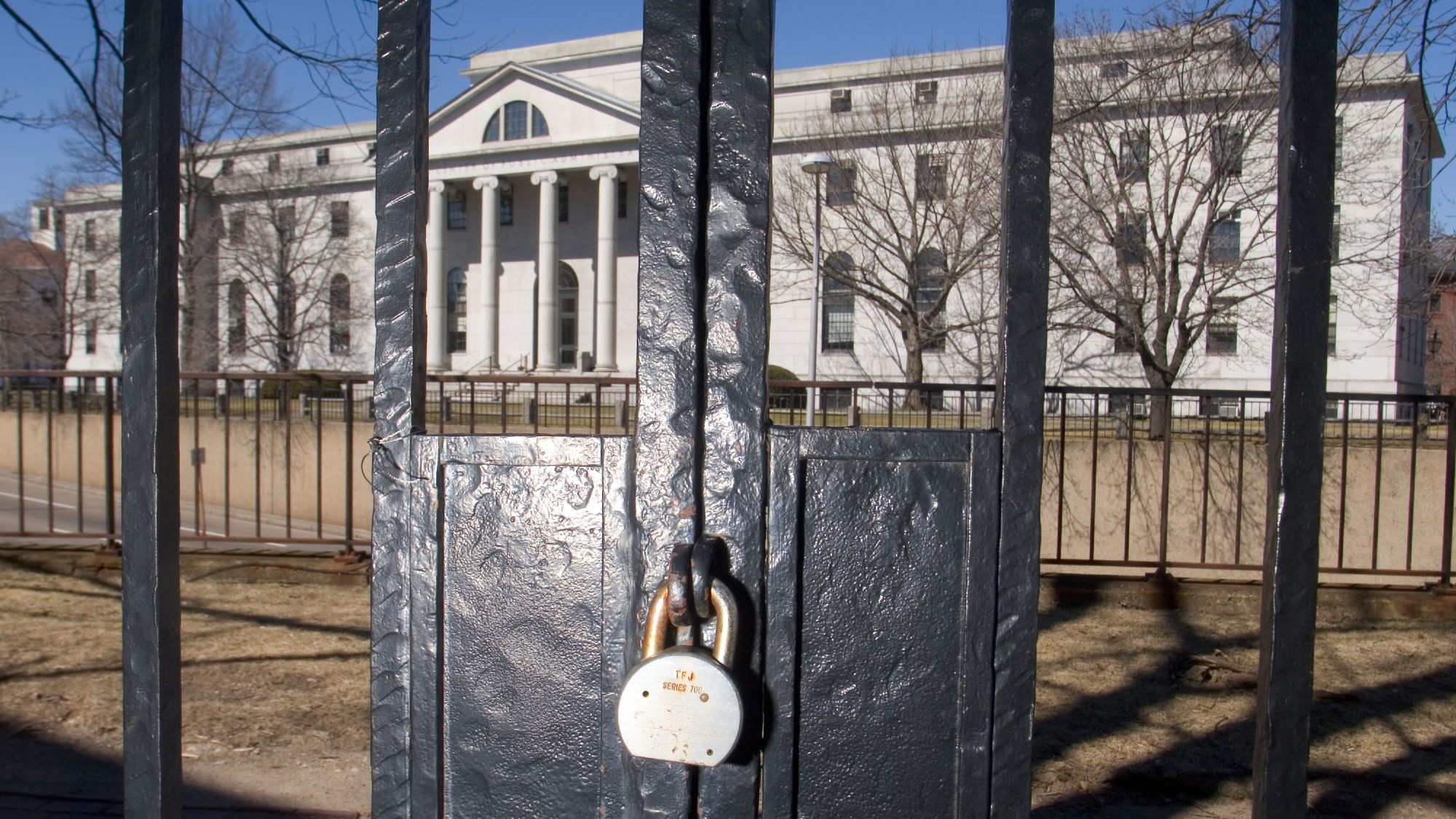The university degrees that land graduates the highest salaries
First study of its kind shows economics tops earnings table - while creative arts rank lowest

A free daily email with the biggest news stories of the day – and the best features from TheWeek.com
You are now subscribed
Your newsletter sign-up was successful
Economics students from the UK’s top universities earn around £32,000 more than the average UK graduate after five years in the workforce, according to new statistics from the Institute for Fiscal Studies (IFS).
A previous IFS study had already revealed big differences in the earnings of graduates from different universities, but the many other variables that might affect student performance made it difficult to draw definitive conclusions. The updated research is an attempt to account for these differences, which include students’s backgrounds and how well they had performed at school.
The new study draws on a dataset of school, university and tax records created by the Department for Education - and concludes that choice of degree or university alone “might increase or decrease your earnings” later in life.
The Week
Escape your echo chamber. Get the facts behind the news, plus analysis from multiple perspectives.

Sign up for The Week's Free Newsletters
From our morning news briefing to a weekly Good News Newsletter, get the best of The Week delivered directly to your inbox.
From our morning news briefing to a weekly Good News Newsletter, get the best of The Week delivered directly to your inbox.
An economics degrees from a prestigious university secures the best wages for both men and women across the UK, with graduates who read economics at Cambridge earning £32,532 more than the average, followed by London School of Economics (LSE) alumni, with an additional £31,307.
At the other end of the scale are creative arts graducates, the BBC reports. “For men the Conservatoire for Dance and Drama has an impact of -£19,962, and for women the Guildhall School of Music and Drama comes last with -£16,589,” says the broadcaster.
The IFS report concludes that “a large proportion of the raw earnings differences can be explained by differences in the characteristics of students taking different degrees”, but adds that “high-earnings subjects and institutions typically take students with higher prior attainment and from higher socio-economic backgrounds who would have gone on to have higher earnings anyway”.
A free daily email with the biggest news stories of the day – and the best features from TheWeek.com
-
 Local elections 2026: where are they and who is expected to win?
Local elections 2026: where are they and who is expected to win?The Explainer Labour is braced for heavy losses and U-turn on postponing some council elections hasn’t helped the party’s prospects
-
 6 of the world’s most accessible destinations
6 of the world’s most accessible destinationsThe Week Recommends Experience all of Berlin, Singapore and Sydney
-
 How the FCC’s ‘equal time’ rule works
How the FCC’s ‘equal time’ rule worksIn the Spotlight The law is at the heart of the Colbert-CBS conflict
-
 American universities are losing ground to their foreign counterparts
American universities are losing ground to their foreign counterpartsThe Explainer While Harvard is still near the top, other colleges have slipped
-
 Oklahoma fires instructor over gender essay grade
Oklahoma fires instructor over gender essay gradeSpeed Read
-
 Education: More Americans say college isn’t worth it
Education: More Americans say college isn’t worth itfeature College is costly and job prospects are vanishing
-
 Penn wipes trans swimmer records in deal with Trump
Penn wipes trans swimmer records in deal with Trumpspeed read The University of Pennsylvania will bar transgender students from its women's sports teams and retroactively strip a trans female swimmer of her titles
-
 Where will international students go if not the US?
Where will international students go if not the US?Talking Points China, Canada and the UK are ready to educate the world
-
 Colleges are canceling affinity graduations amid DEI attacks but students are pressing on
Colleges are canceling affinity graduations amid DEI attacks but students are pressing onIn the Spotlight The commencement at Harvard University was in the news, but other colleges are also taking action
-
 Can Trump ban overseas students from US universities?
Can Trump ban overseas students from US universities?Today's Big Question President's decision to revoke Harvard's access to database for admitting international students 'drastically escalates' the dispute
-
 Harvard sues Trump over frozen grant money
Harvard sues Trump over frozen grant moneySpeed Read The Trump administration withheld $2.2 billion in federal grants and contracts after Harvard rejected its demands